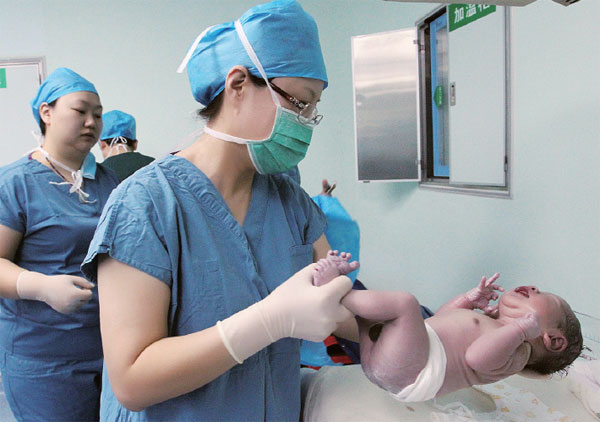Pregnancy: Aid sought overseas for infertility
Updated: 2016-07-12 08:03
By Wang Xiaodong(China Daily)
|
||||||||
|
Medical staff check a newborn baby at Tangdu Hospital in Xi'an, Shaanxi province, in February. The boy was born from an embryo frozen 12 years ago, a record for the Chinese mainland. Ruan Banhui / For China Daily |
Foreign clinics provide services that help would-be parents to start families. Wang Xiaodong reports.
The number of infertile couples at the optimum age for conception in China has exceeded 40 million and is still rising, according to the China Population Association.
Statistics from the National Health and Family Planning Commission show that 432 medical institutes are certified to perform assisted reproductive technologies and they perform about 700,000 procedures a year. The technology is mature and world-class, according to Ma Xiaowei, deputy minister in charge of the commission.
The commission estimates that the universal two-child policy, which took effect in January, will make an extra 90 million couples eligible to have a second child, but about 50 percent of the newly eligible women are age 40 or older.
That has led some industry insiders to warn that the large number of infertile couples, allied to the expected surge in birth will see the domestic supply of assisted reproductive technology fall far short of demand.
"We estimate that about 3 million ART procedures are needed in China each year," said Xie Guoao, CEO of Uyunbaby, a company in Beijing that introduces infertile couples to ART service providers overseas. The main destinations for Chinese couples seeking ART include the United States, Thailand, Malaysia and Japan, he added.
Mark Surrey, chief medical officer at the Southern California Reproductive Center in Los Angeles, said about 350 Chinese women from China had IVF treatment at its hospital last year. The number is expected to top 400 this year.
"Most of them are from Beijing and Shanghai," he said. "The average age of the women is almost 40, and in general, they are well-educated professionals."
Lin, a 38-year-old executive at an internet advertising company in Beijing who declined to give her full name, has completed the first stages of the IVF procedure at the center. Two of her eggs have been frozen, and she will travel to Los Angeles later this year to continue the treatment.
The treatment will cost $20,000, far more than at a hospital in Beijing, but Lin isn't concerned about the cost because she believes the services and technology in the US are of a higher standard than in the Chinese capital.
"Some of my acquaintances have also made the same choice and have had their eggs frozen because they find it difficult to get pregnant naturally," she said.
Zhang Jun, head of operations at the reproductive center at Beijing Bao Dao Healthcare, a high-end maternity hospital, said some patients hesitate to go to large public hospitals in China because they fear a lack of patient confidentiality will result in their problems becoming known to outsiders.
"Almost all infertile people have psychological issues, so they need a highly secure environment in which to consult with the doctors," she said.
Surrey, from the reproductive center in Los Angeles, said the physicians at China's top medical establishments are highly qualified, but constraints on medical practitioners have prompted a large number of patients to seek services overseas.
For example, under Chinese law, unmarried women and gay couples are not eligible for ART, and surrogacy is illegal, he said.
"The issues will not change anytime soon; there will continue to be, for example, professional gay people, who also want to have babies. They will continue to travel wherever they need to go to accomplish that," Surrey said. "However, if social conditions change to accommodate these people, they may not need to travel."
Contact the writer at wangxiaodong@chinadaily.com.cn
- Philippine, Japan coast guards to hold exercise off Manila Bay
- Dozens more arrests in Louisiana after leaders warn against protest violence
- South China Sea Issue ABC
- South China Sea Issue ABC: Why the Philippines' unilateral initiation of arbitration is against international law?
- EU: Strenghten partnerships to stop economic woes
- Fresh killings in Indian-controlled Kashmir clashes raise death toll to 21

 Tim Duncan announces retirement after 19 seasons with Spurs
Tim Duncan announces retirement after 19 seasons with Spurs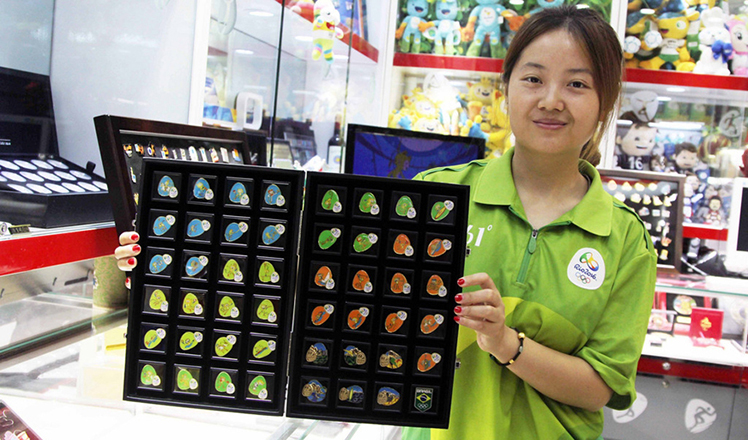
 Merchandize for Rio 2016 a hit in run-up to games
Merchandize for Rio 2016 a hit in run-up to games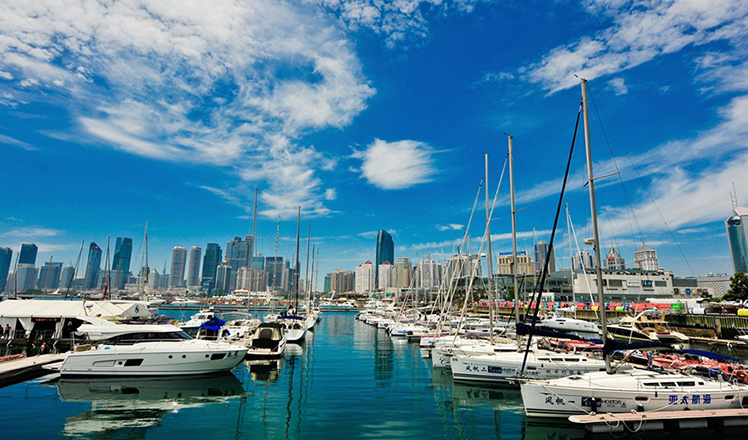
 Top 10 best Chinese cities to own a house
Top 10 best Chinese cities to own a house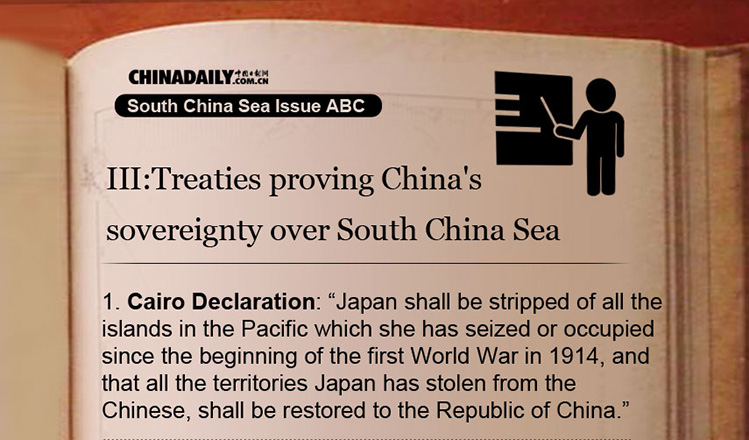
 Gettinig to know South China Sea Issue
Gettinig to know South China Sea Issue
 Ronaldo-less Portugal wins Euro 2016 title
Ronaldo-less Portugal wins Euro 2016 title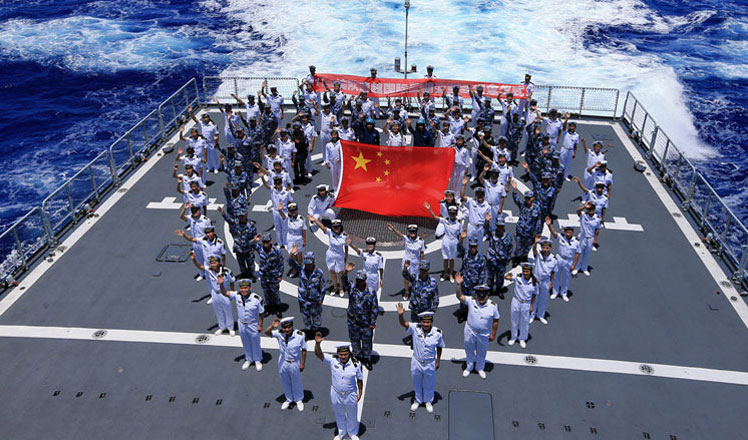
 Chinese navy fleet joins RIMPAC 2016 open day
Chinese navy fleet joins RIMPAC 2016 open day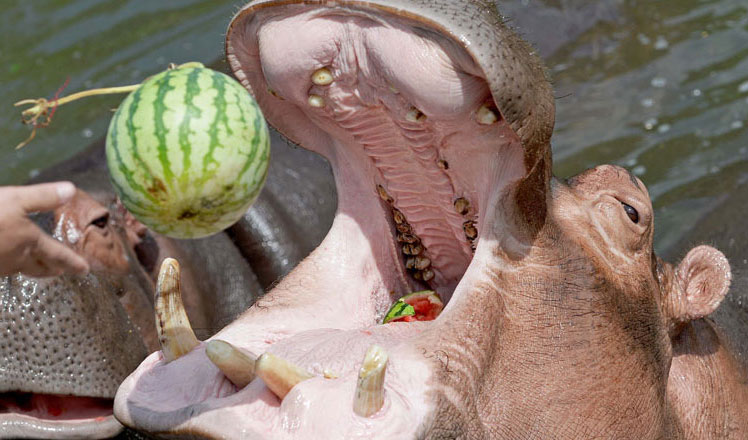
 Staying cool at the zoo amid Shanghai heat wave
Staying cool at the zoo amid Shanghai heat wave
 Tibet through the lens of China Daily reporter
Tibet through the lens of China Daily reporter
Most Viewed
Editor's Picks

|

|

|

|

|

|
Today's Top News
Ministry slams US-Korean THAAD deployment
Two police officers shot at protest in Dallas
Abe's blame game reveals his policies failing to get results
Ending wildlife trafficking must be policy priority in Asia
Effects of supply-side reform take time to be seen
Chinese State Councilor Yang Jiechi to meet Kerry
Chinese stocks surge on back of MSCI rumors
Liang avoids jail in shooting death
US Weekly

|

|
